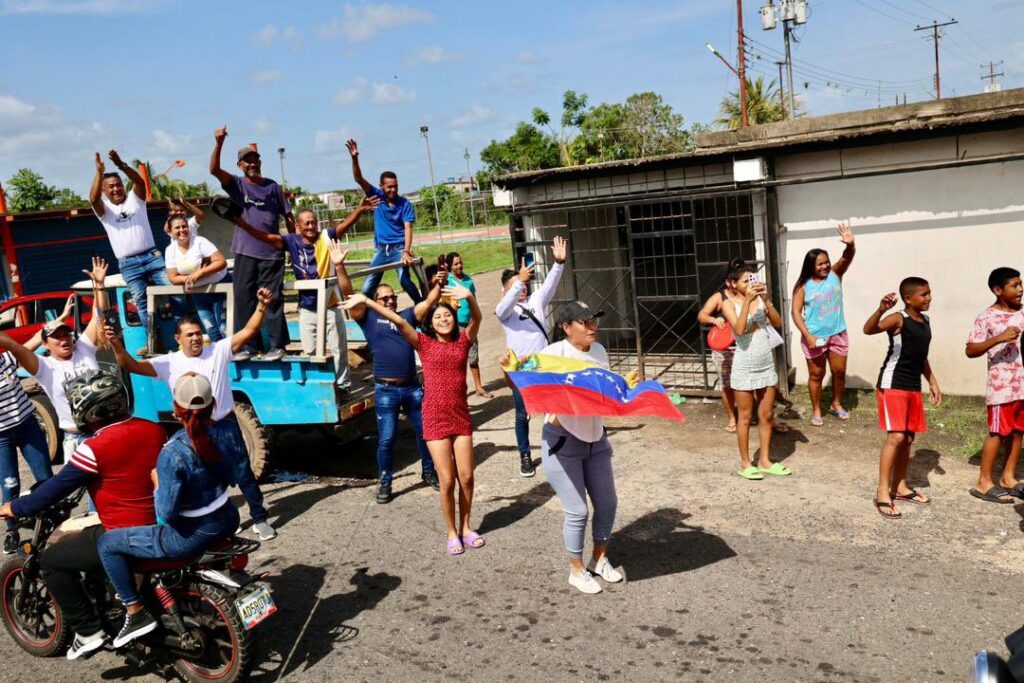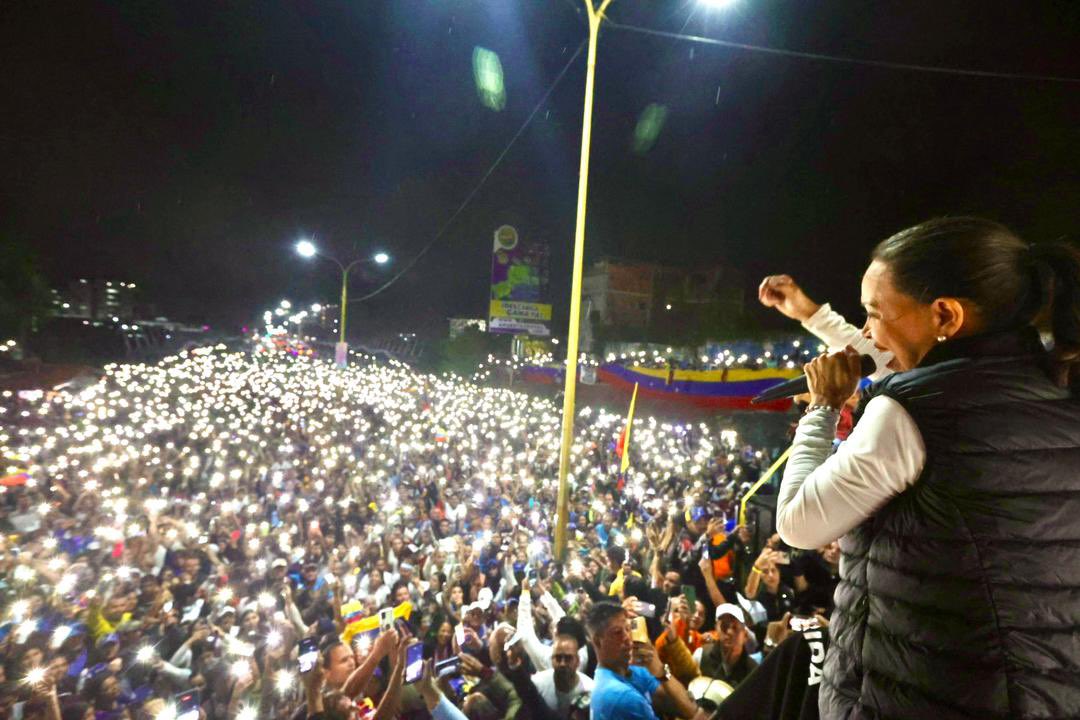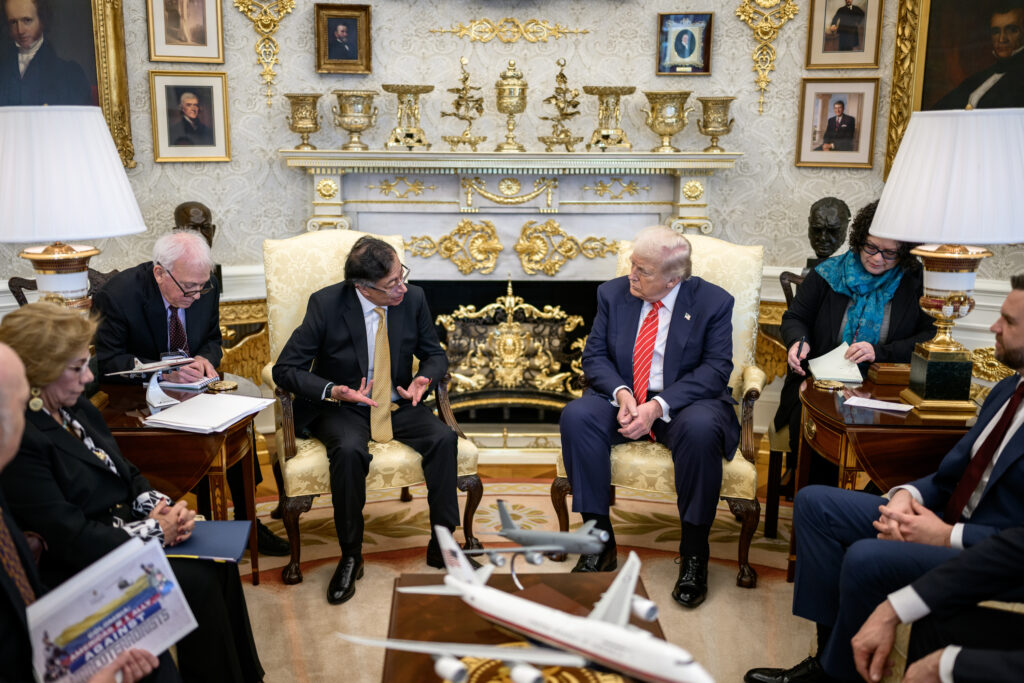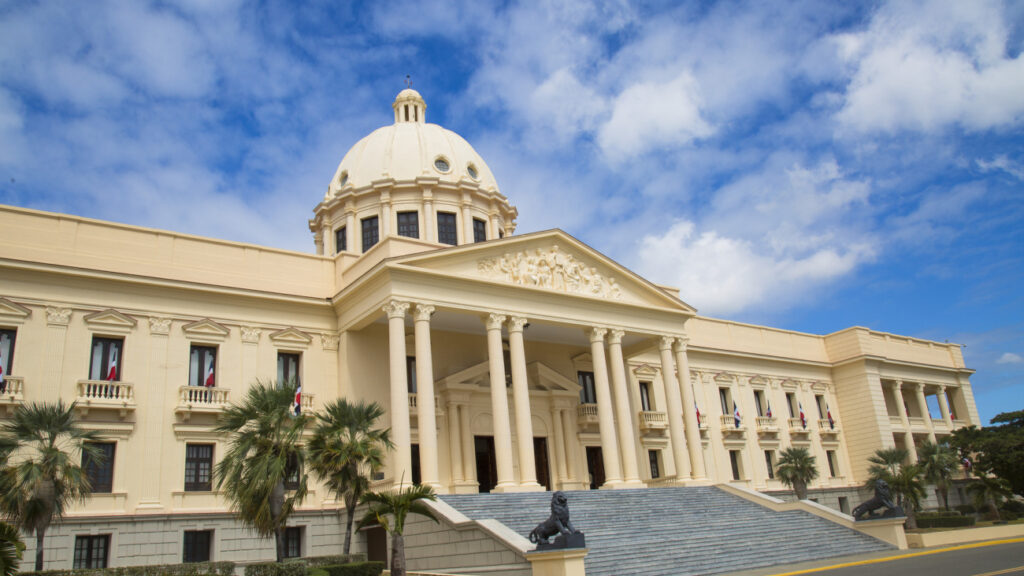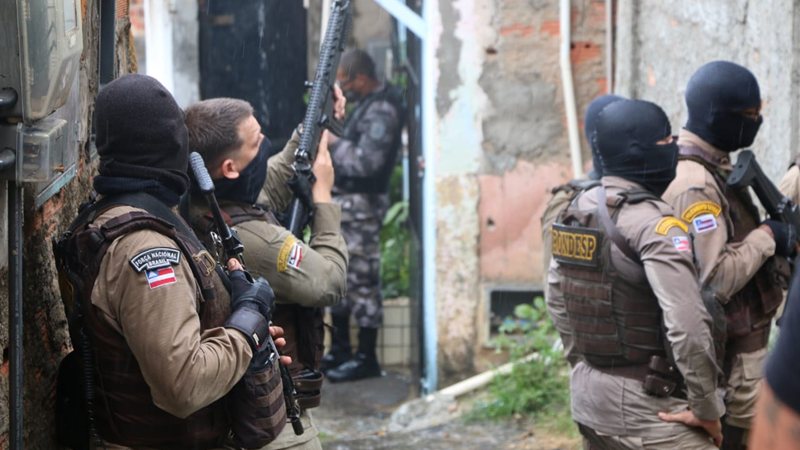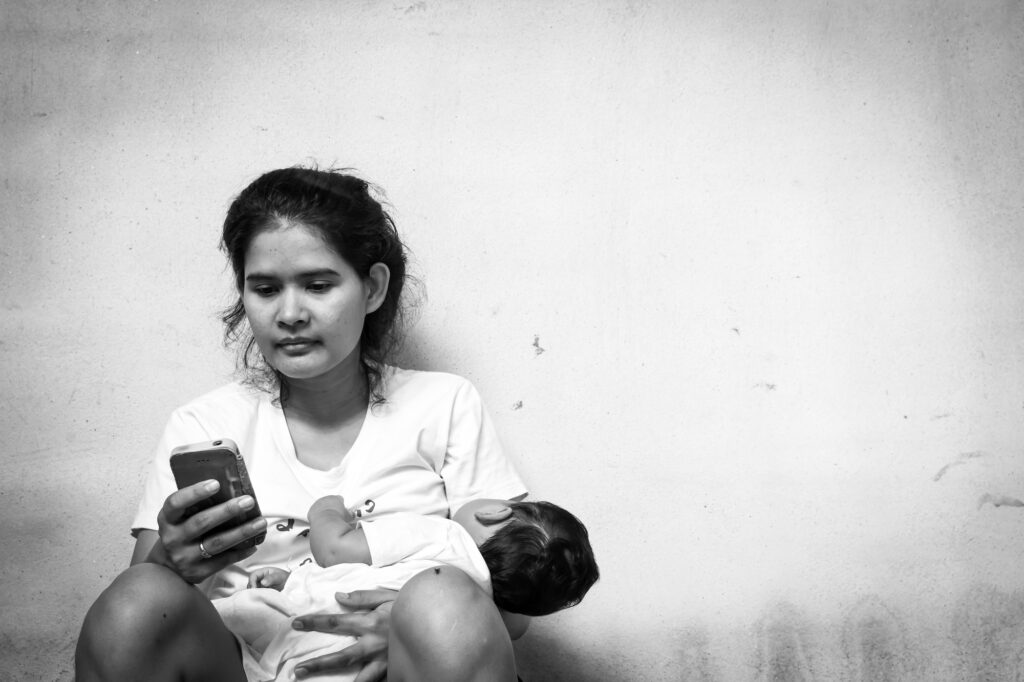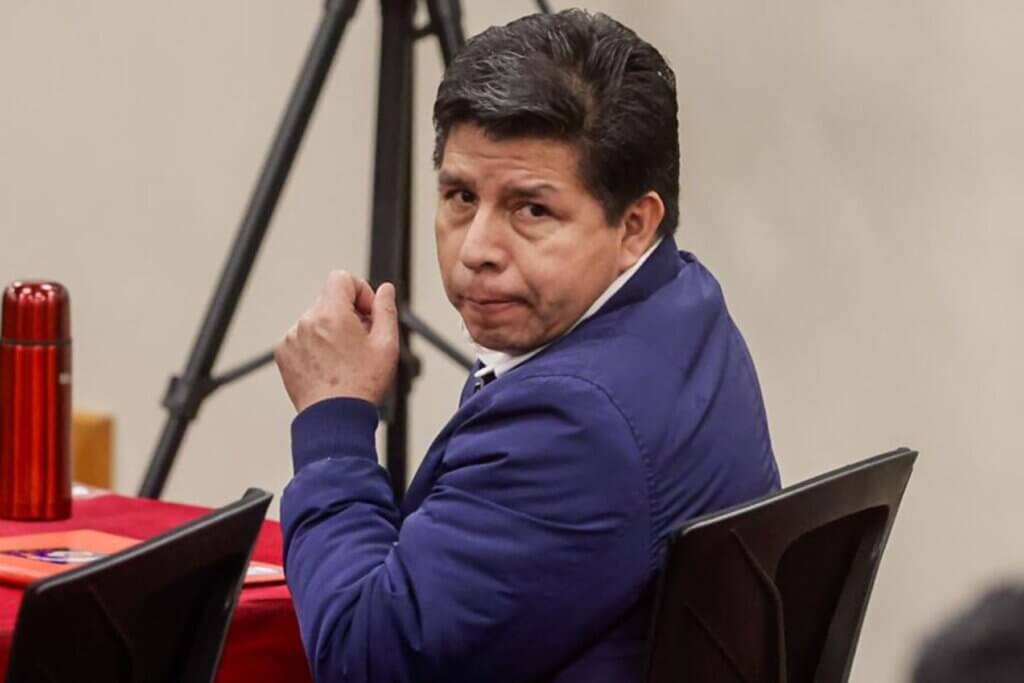Caracas, Venezuela — Thursday, on the 457th anniversary of the founding of Caracas, María Corina Machado and Edmundo Gonzalez Urrutia’s odds-defying campaign came to a close in Venezuela’s capital city. Venezuelans of all ages gathered in the Las Mercedes neighborhood, waving seven-starred flags — a symbol of their movement — and handmade posters calling for freedom, democracy, and the release of political prisoners.
The final rally comes on the heels of a wide-reaching campaign spread throughout all 23 states in the country. Despite being banned from assuming her democratically earned spot as the Unitary Platform’s presidential candidate, its de facto leader, Machado, has led the opposition’s campaign with a message of reuniting family members who’ve fled Venezuela, and restoring freedom and dignity.
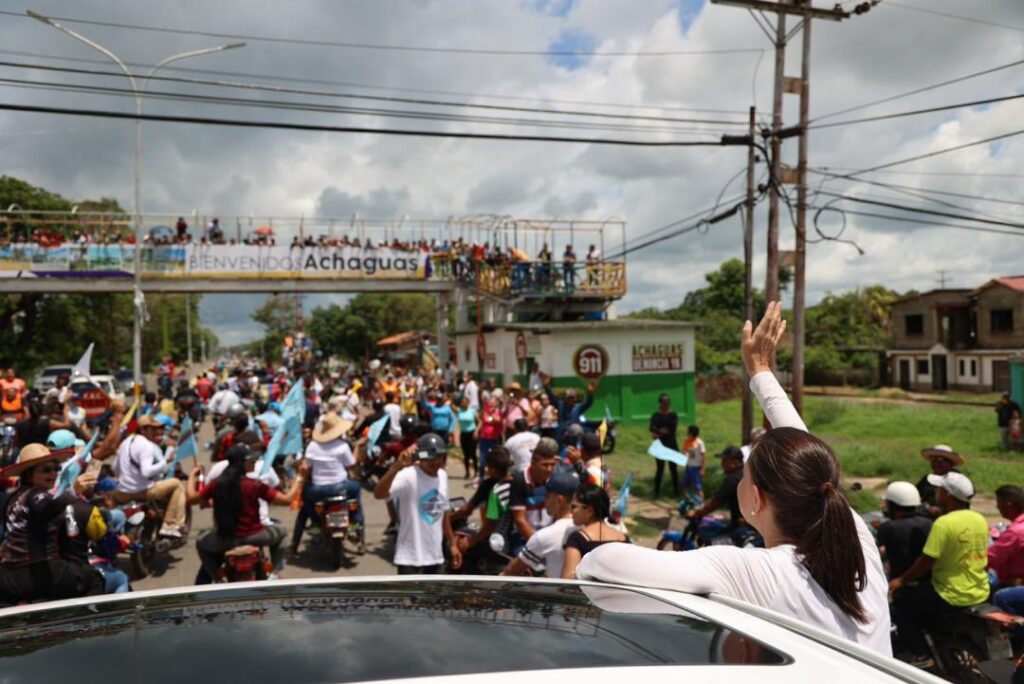
On the campaign trail, Machado, despite travel restrictions imposed by the government, managed to cross a river in a curiara (a dugout canoe) because of a closed bridge in Apure state, and even visited the island state of Nueva Esparta, despite air and ferry travel restrictions imposed by the government.
In collaboration with VE360, independent news outlet Caracas Chronicles created an interactive geodata map compiling all the electoral tours of Machado, González Urrutia and other candidates. The data on the map was gathered through monitoring media posts, press releases and social media accounts of leaders, political parties and journalists.
The map shows how, throughout both the primary and presidential campaigns, Machado visited over 100 municipalities, attracting large crowds in every corner of the country.
But throughout this wide-reaching tour, persecution and punishment have followed her. The Maduro regime has turned to petty authoritarian tactics in attempts to quell support and access to opposition rallies.

The two curiaras boarded by the Unitary Platform leaders to cross the Orinoco river were decommissioned by the national guard. At least 11 business establishments that served leaders of the opposition were either closed or inspected throughout the country. The human rights organization Foro Penal (Penal Forum) had registered 102 arrests linked to electoral events by July 16.
The fear mongering tactics, however, seemed to have emboldened the opposition’s campaign. A business owner in Apure told Machado, “Come into my business, even if they close it.”
The Hernandez sisters went viral after their small roadside business in Guárico was shut down by the tax agency after serving Machado. Their sales then skyrocketed with orders from all parts of the country and they boldly placed a poster with the campaign’s slogan “Hasta el Final” (Until the End) alongside the closure seal stuck to the front of their business.
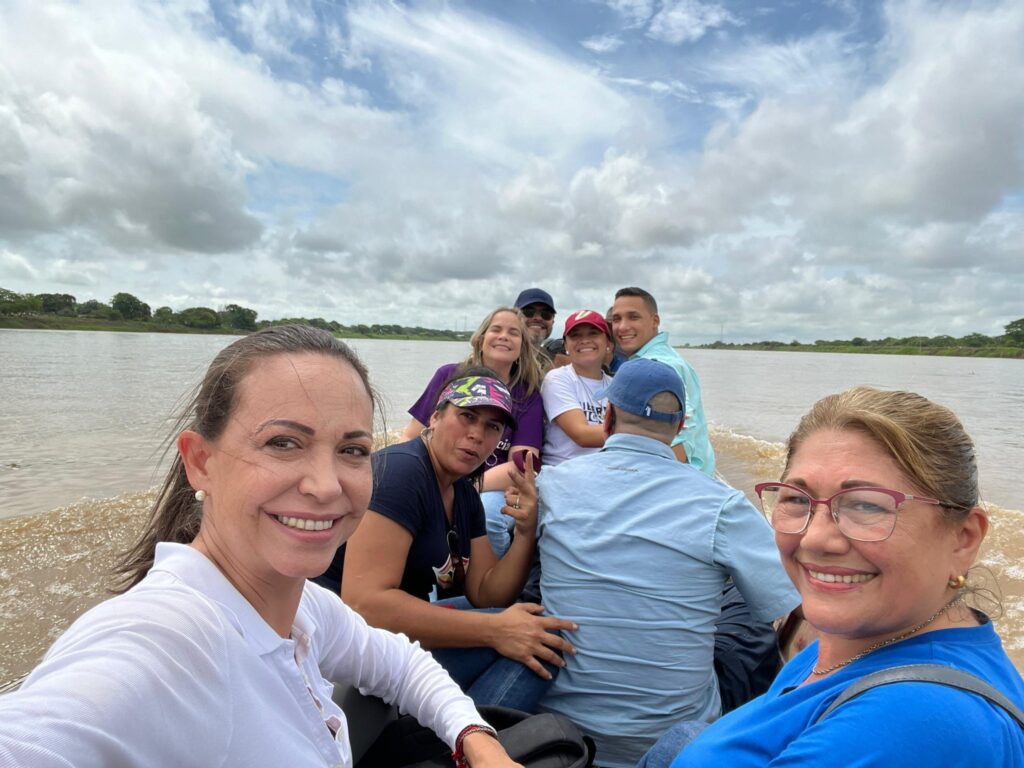
Support for Machado shows a significant political shift in Venezuela. Places that were once Maduro strongholds, like rural Portuguesa and Venezuela’s gold country in Bolivar, have rallied behind the opposition leader who has modeled herself as a kind of Venezuelan Margaret Thatcher.
Whether you like her politics or not, it is undeniable that Machado has reawakened a side of Venezuelan political life that had laid dormant for many years.
Interviewing Machado on her podcast, “En Defensa Propia” (In Self-Defense), television host and actress Erika de la Vega underlined how Machado embodies a shift in the patriarchal nature of politics. As a leader she represents the “embrace of hope [she gives] everyone. Its maternal love, not in search of a mother, but in search of unconditional love and understanding. [Machado] understands Venezuelans,” the host expressed.
“Hasta el Final” has given a platform to the grievances of the Venezuelan people. In Portuguesa, a sixteen year-old mother denounced the state of the education system: “This government is useless. These days we only have classes three times a week and sometimes we don’t have classes at all because there is no water, there is no power,” she told a crowd.
In between tears, Felix Hurtado, a man from Bolívar who lives with a pacemaker, told Machado, “I have seven children and all of them have left, I want my children back.” He added, “Men also cry. You know what it means not to have my children and grandchildren here. I apologize, thank you,” clarifying that he “is not being paid for this.”
Compared to the rhetoric of historical denialism and blame from the current regime, Machado has become a leader who listens, a leader who is not afraid to validate the grievances of Venezuelans all throughout the country. “Hasta el Final” is a testament to the perseverance of the Venezuelan people and the hunger for change.
